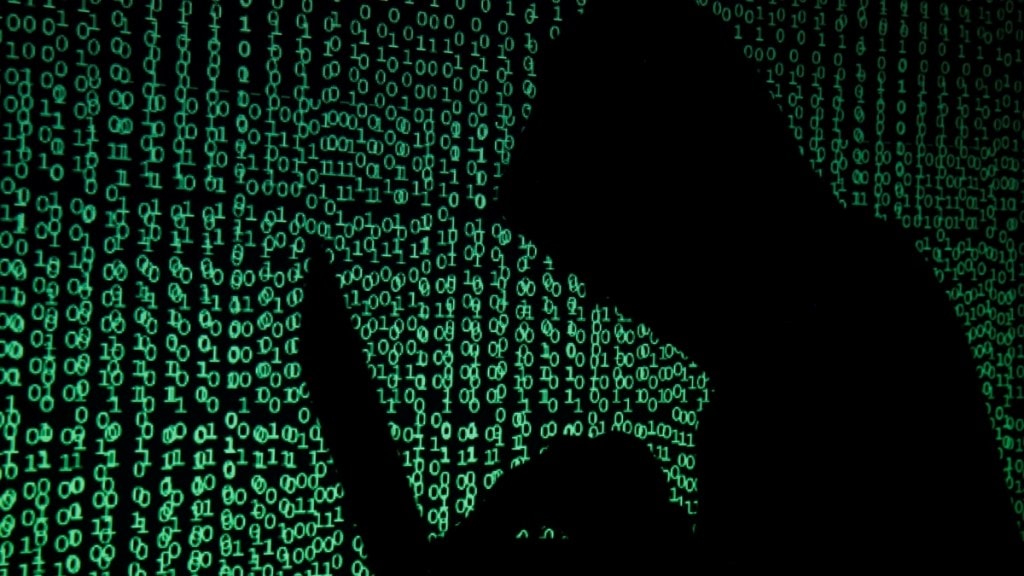The National Payments Corporation of India (NPCI) has issued a notice stating that UPI, IMPS service of certain banks, and other payment systems will be temporarily unavailable to customers due to a ‘ransomware attack’ on C-Edge Technologies, a service provider to several banks.
“Customers of banks serviced by C-Edge will not be able to access payment systems during the period of isolation,” the NPCI said.
Notably, NPCI has taken a precautionary measure to prevent a larger impact on the payment ecosystem by temporarily isolating C-Edge Technologies, a service provider to several banks, from accessing NPCI’s retail payment systems.
‘300 small banks disconnected’
According to regulatory authority officials, nearly 300 small banks in India have been disconnected from the country’s broader payment network to prevent any potential widespread disruptions.
Although the affected banks are mainly small and cooperative institutions with limited operations outside major cities, only about 0.5% of the country’s overall payment system volumes are expected to be impacted.
India’s National Payments Corporation of India (NPCI) is conducting an audit to prevent the spread of a cyber attack that has affected some of the country’s 1,500 cooperative and regional banks, which primarily operate outside major cities. The Reserve Bank of India (RBI) and Indian cyber authorities had recently warned banks about possible cyber attacks, and the industry sources confirmed that these warnings were issued in the past few weeks.
What is a ransomware attack?
A ransomware attack is a type of cyberattack where an unauthorized actor gains access to a computer system or network, encrypts its files or data, and demands payment in exchange for the decryption key or unlock code. The attacker typically demands payment in cryptocurrency, such as Bitcoin, and threatens to delete or destroy the data if the ransom is not paid within a specified time frame.









